Description
What’s the best way to respond to children’s questions about terrorism?
Children’s questions about terrorism can be penetrating and hard to answer. Many teachers will be caught unawares by such questions, uncertain themselves about terrorist motivation and goals and torn between the instinct to reassure and the awareness that Britain is on continuous terrorist alert.
Talking about Terrorism is a teacher resource that attempts to answer these difficult questions. It is structured around 40 questions that children may ask:
- What do terrorists want?
- How can we stop someone becoming a terrorist?
- Who is keeping us safe in Britain?
- Why are terrorists so angry and full of hate?
- When will terrorism end?
The authors answer the questions in clear, easy-to-understand language – providing simple, objective explanations and reassurance where possible – while being careful not to raise unrealistic expectations.
As Peter Wanless, Chief Executive of the NSPCC, points out in the Foreword to Talking about Terrorism:
“If we are to reassure our young people, encourage their tolerance of others, and prevent them from being groomed into acts that could hurt themselves or others, we must talk with them and educate them. This book sets out to help teachers do just that. The Internet and 24-hour news cycle means that it is impossible to shield children from the reality of terrorist attacks. But, with open conversation and clear explanations, we can help them feel safe and know that the world is still a good place.”
The text is interspersed with activities that primary school teachers can use to stimulate critical thinking and encourage creative investigation of key themes. These range from discussions and debates, the use of circle time and classroom discussions through to role-play, poetry and music composition, singing and artwork.
Despite the focus on terrorism the authors never lose sight of a core belief in human goodness. They make it a priority to focus on positive actions that children can perform, singly or collectively, to make the world more peaceful. Each section has inspiring stories of peacemaking and reconciliation, about the power of love over hate, of non-violence over violence and the importance of tolerance and respect.
As Iona Lawrence, Director of the Jo Cox Foundation, says in an introductory message to the book:
“Jo [Cox] really did live by the conviction that we have ‘more in common than that which divides us.’ As this book also shows, it is this phrase that can and should guide conversations with children about extremism in all its forms.”
Below are some comments we have received about the book:
‘Superb and sadly in point today, terrorism, responding to children’s questions for children from the always excellent Alison Jamieson.” Conor Gearty (Professor of human rights law in the LSE Law Department)
“Sad that this book is necessary, but it is both accurate and full of good ideas for primary teachers.” David Anderson QC (Served as the Government’s Independent Reviewer of Terrorism Legislation 2011-17)
“Sadly a relevant & no doubt indispensable resource for schools.” Sean Arbuthnot (Tadris Consultants, Prevent & safeguarding training, Former police Detective & Prevent Officer)
“Highly recommended – really great guidance for teachers.” Abigail Clay (Director, Cosain Consulting Ltd; internationally respected expert in Safeguarding and especially the Government’s Prevent Strategy)


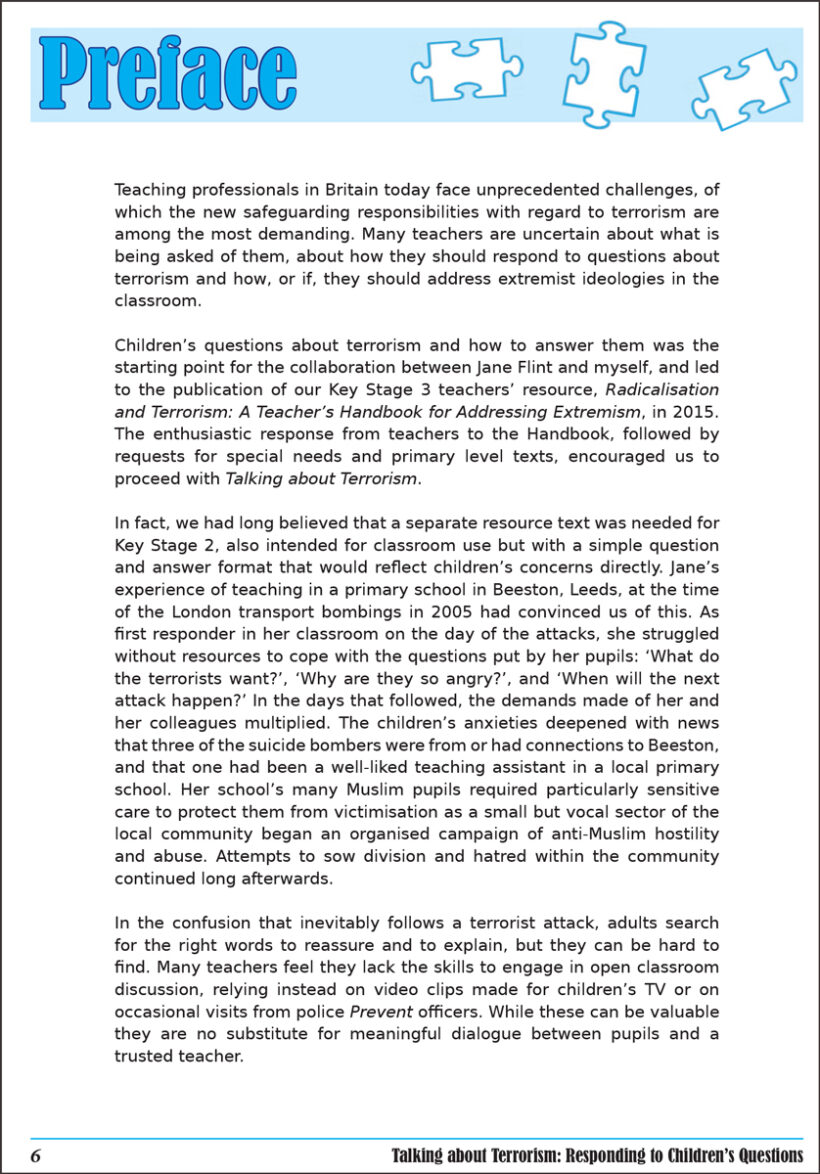
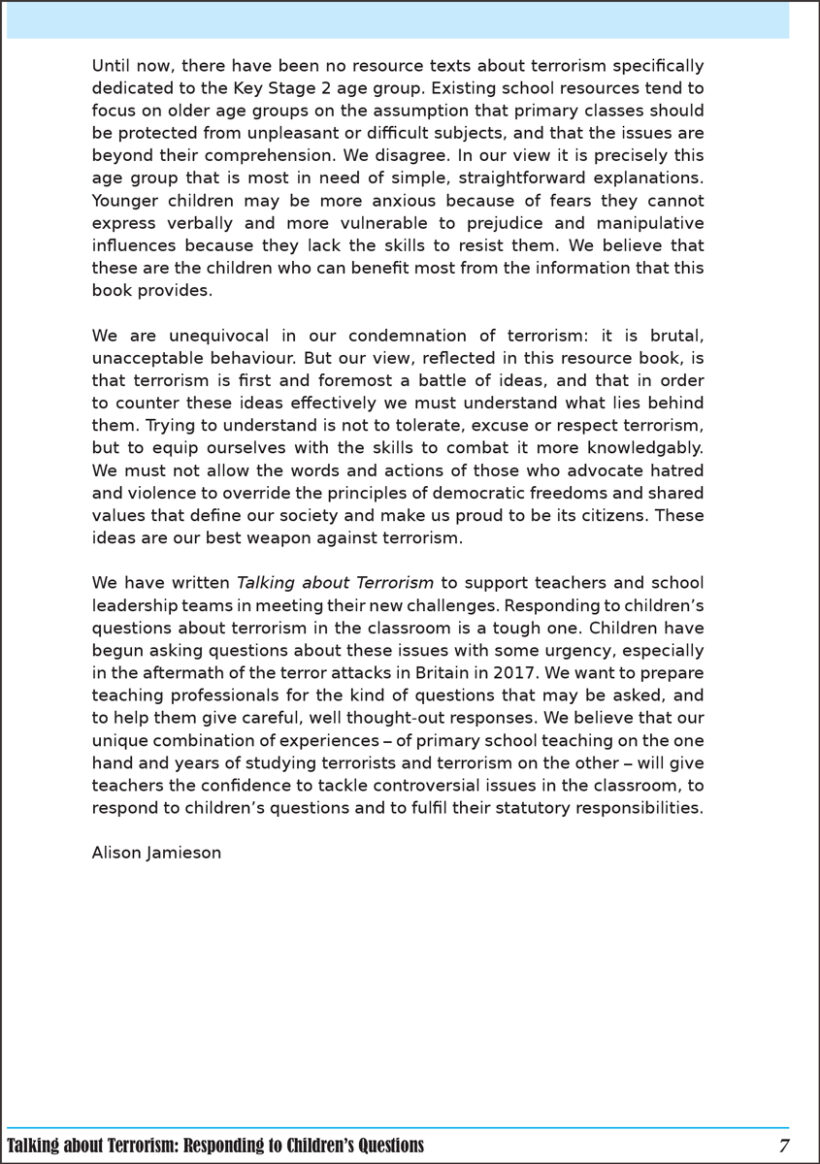
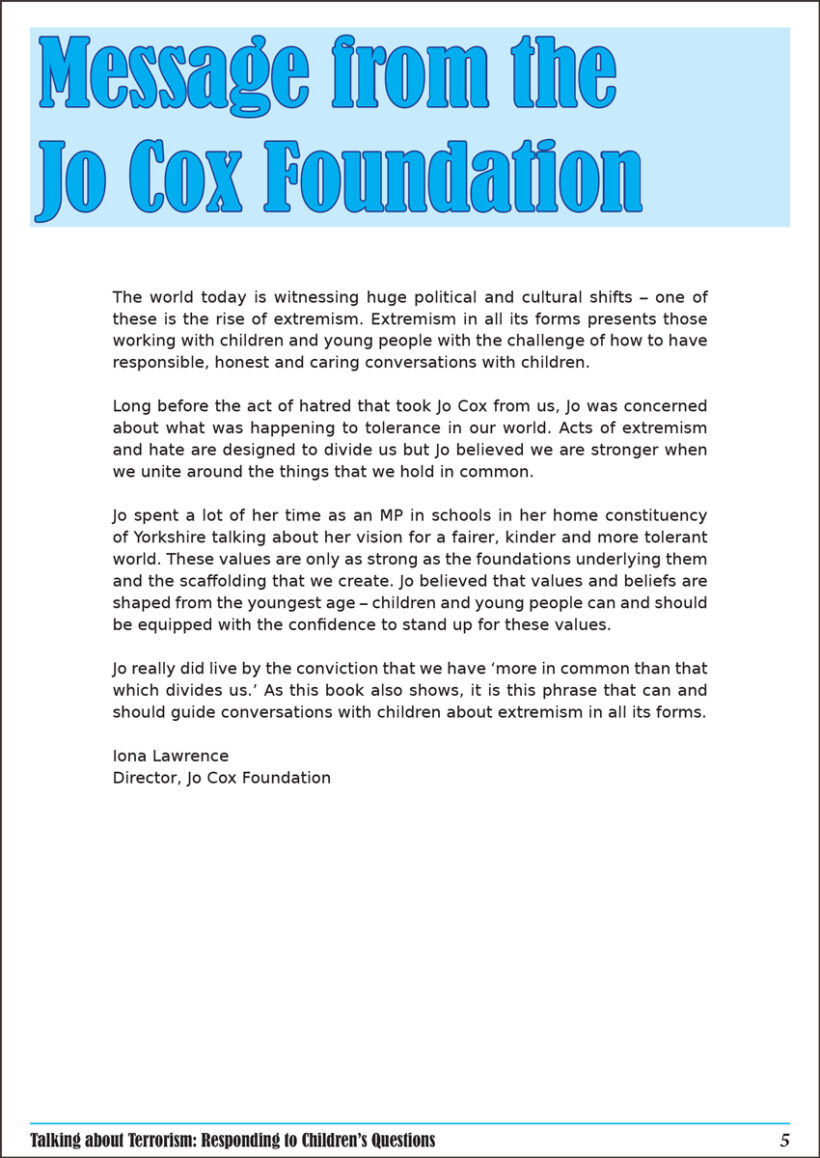
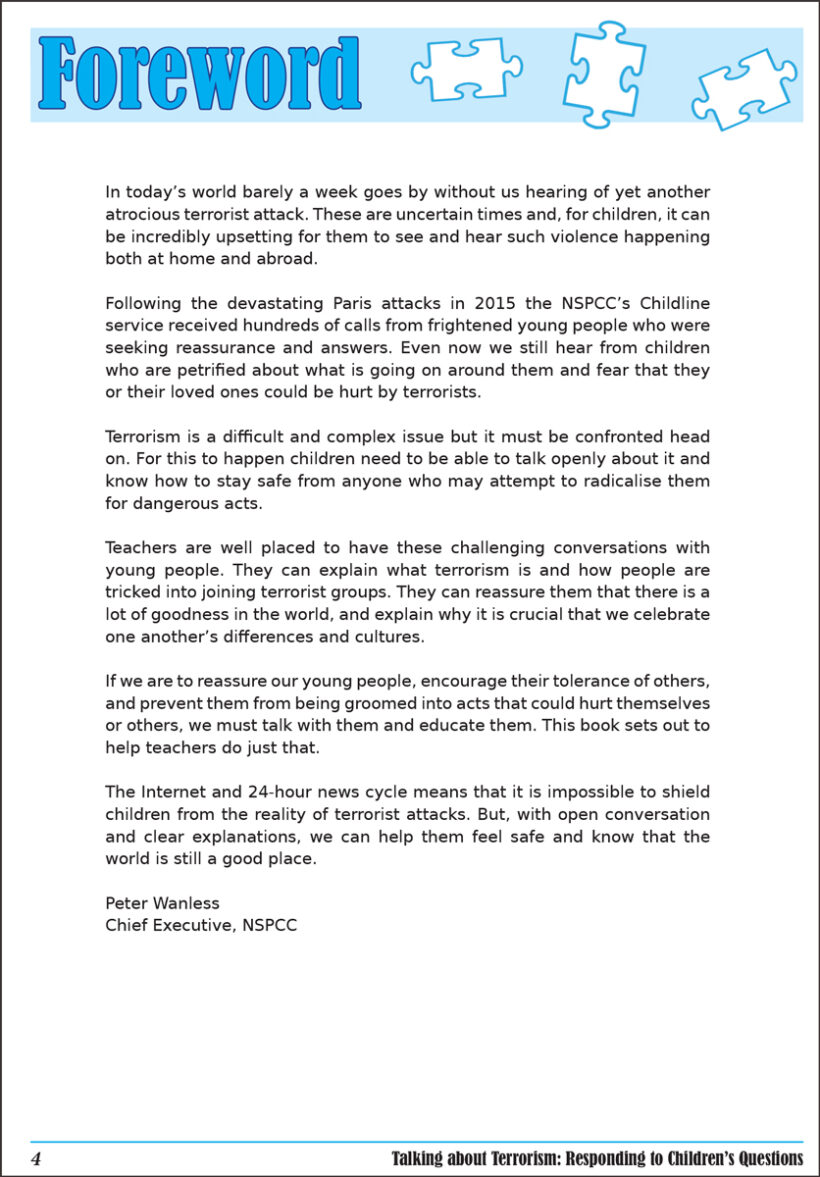
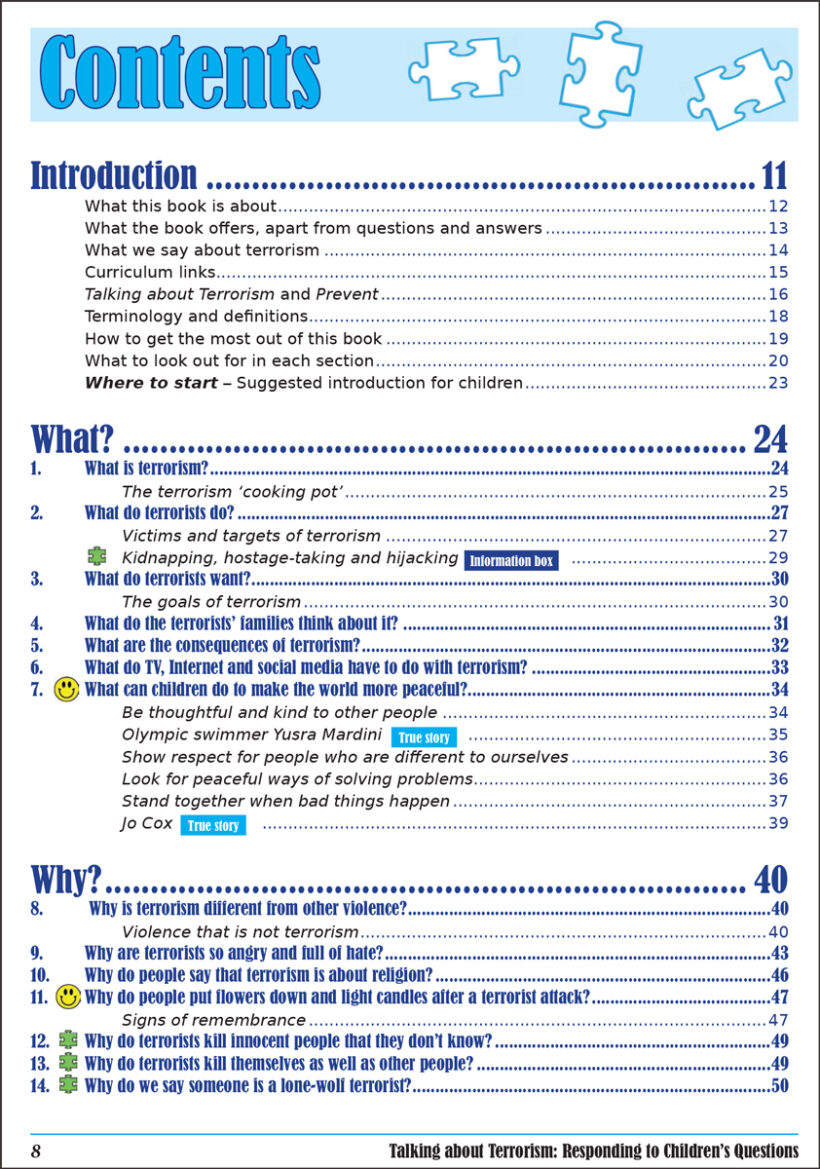
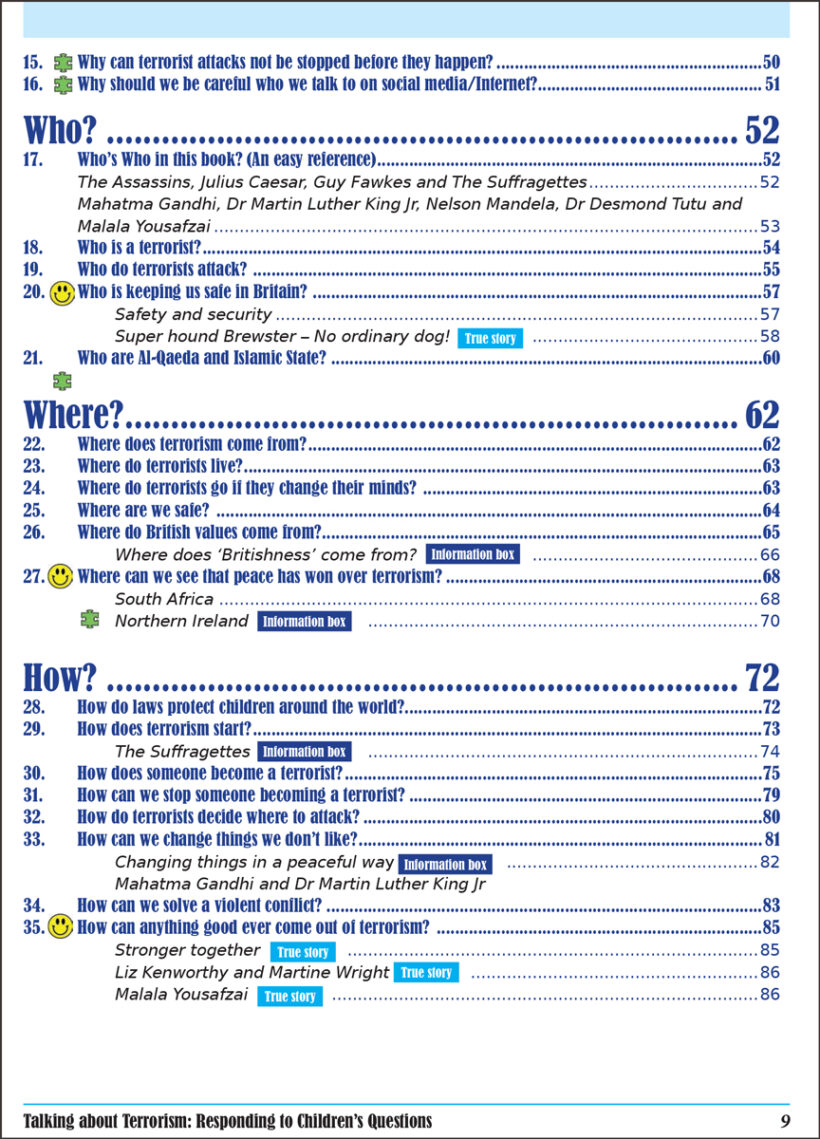
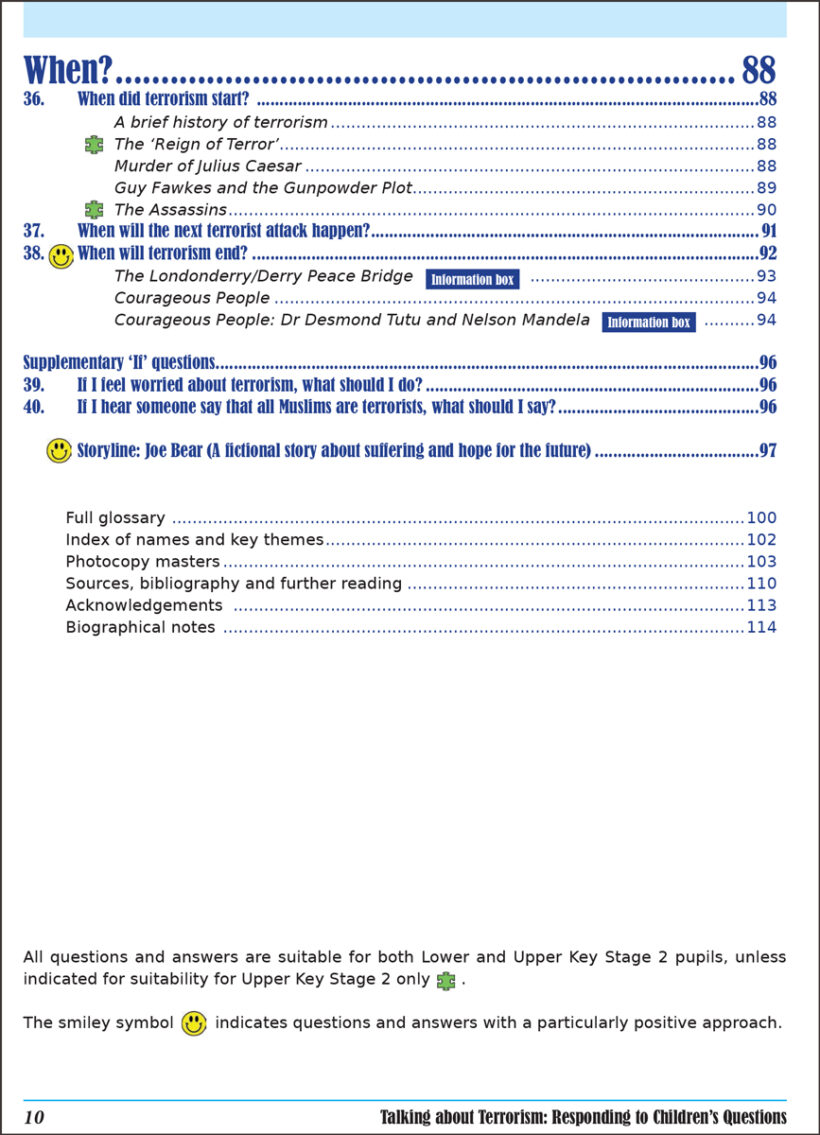
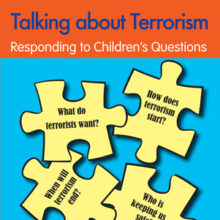
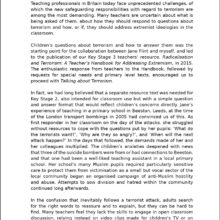
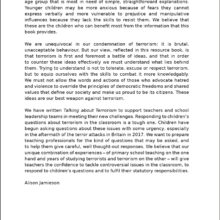

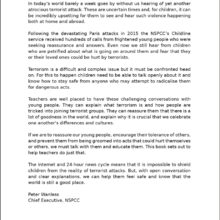
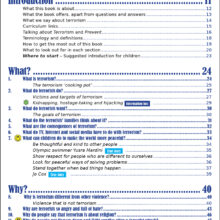
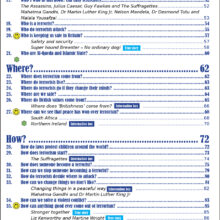
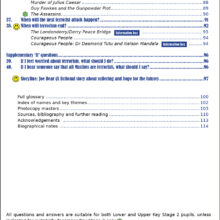
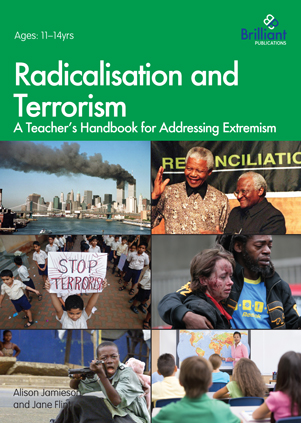
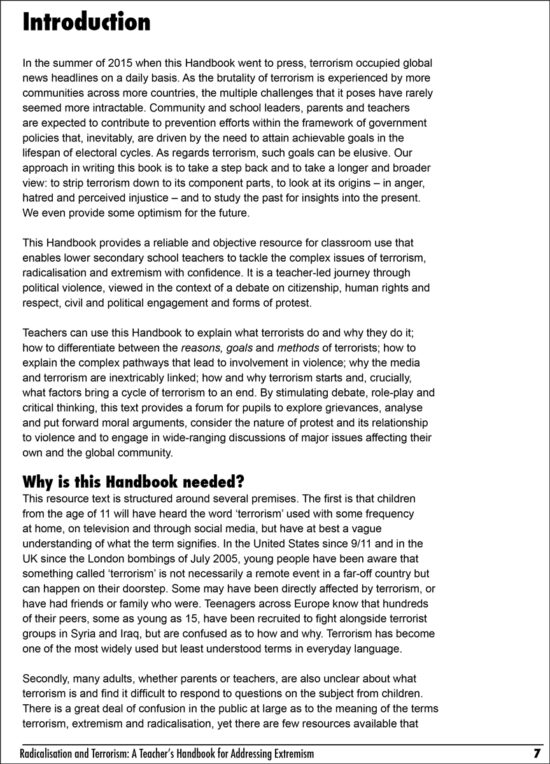
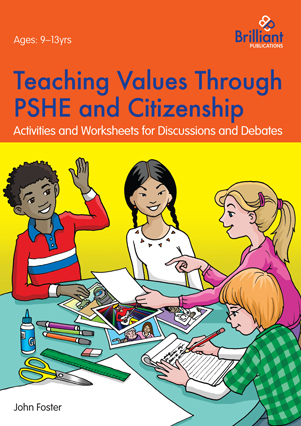
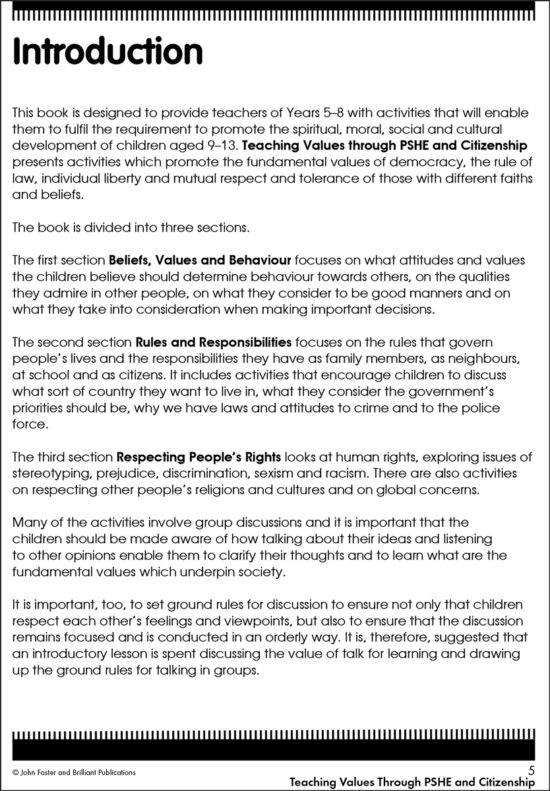
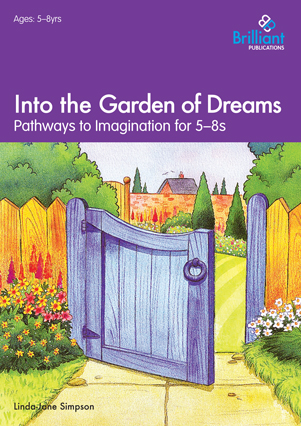
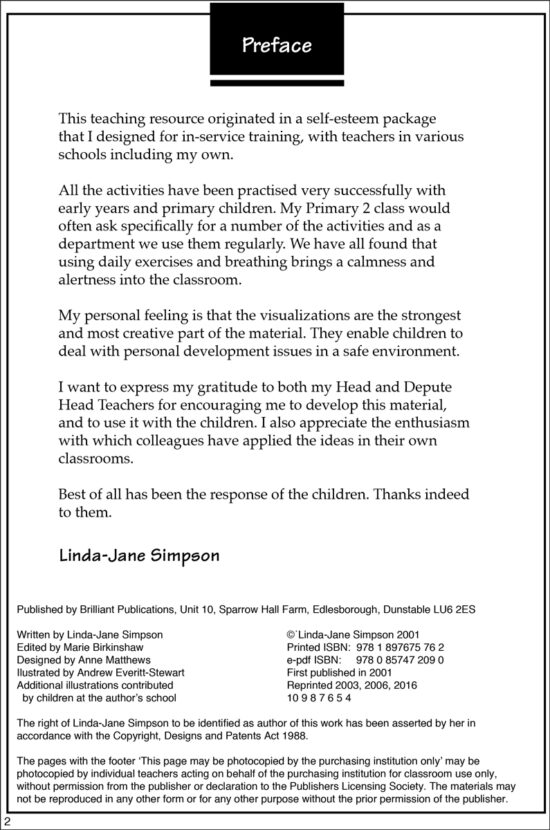
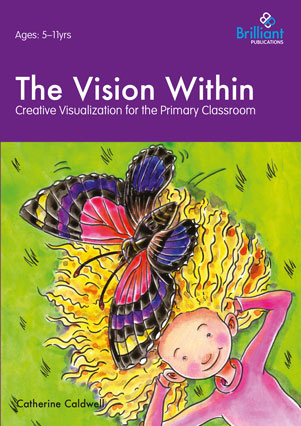
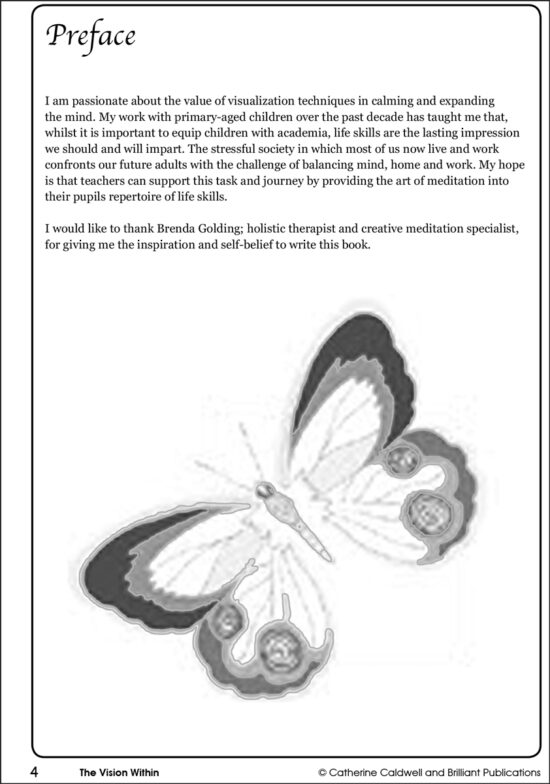
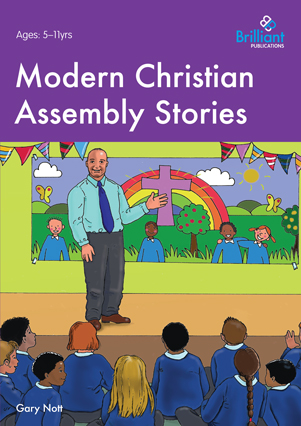
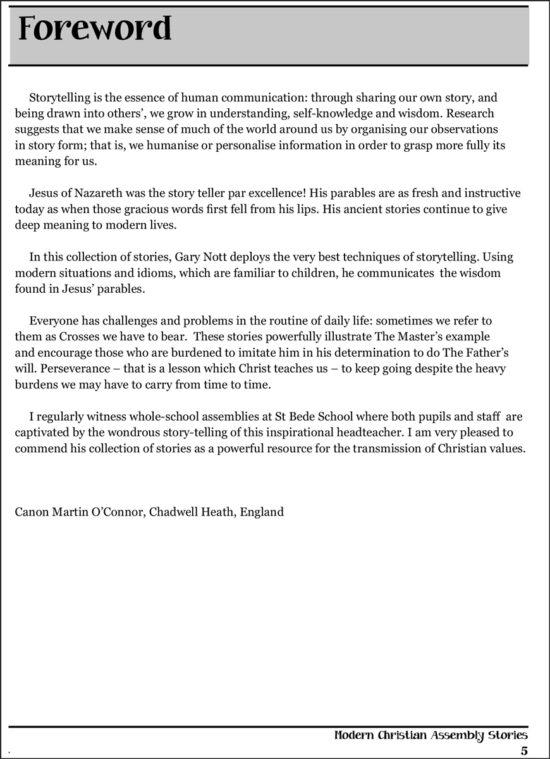
Reviews
There are no reviews yet.